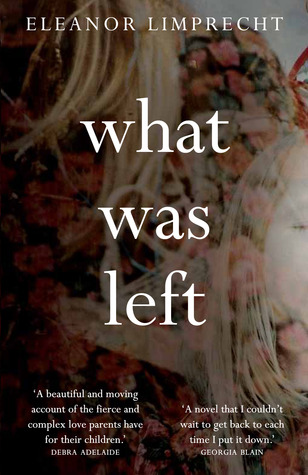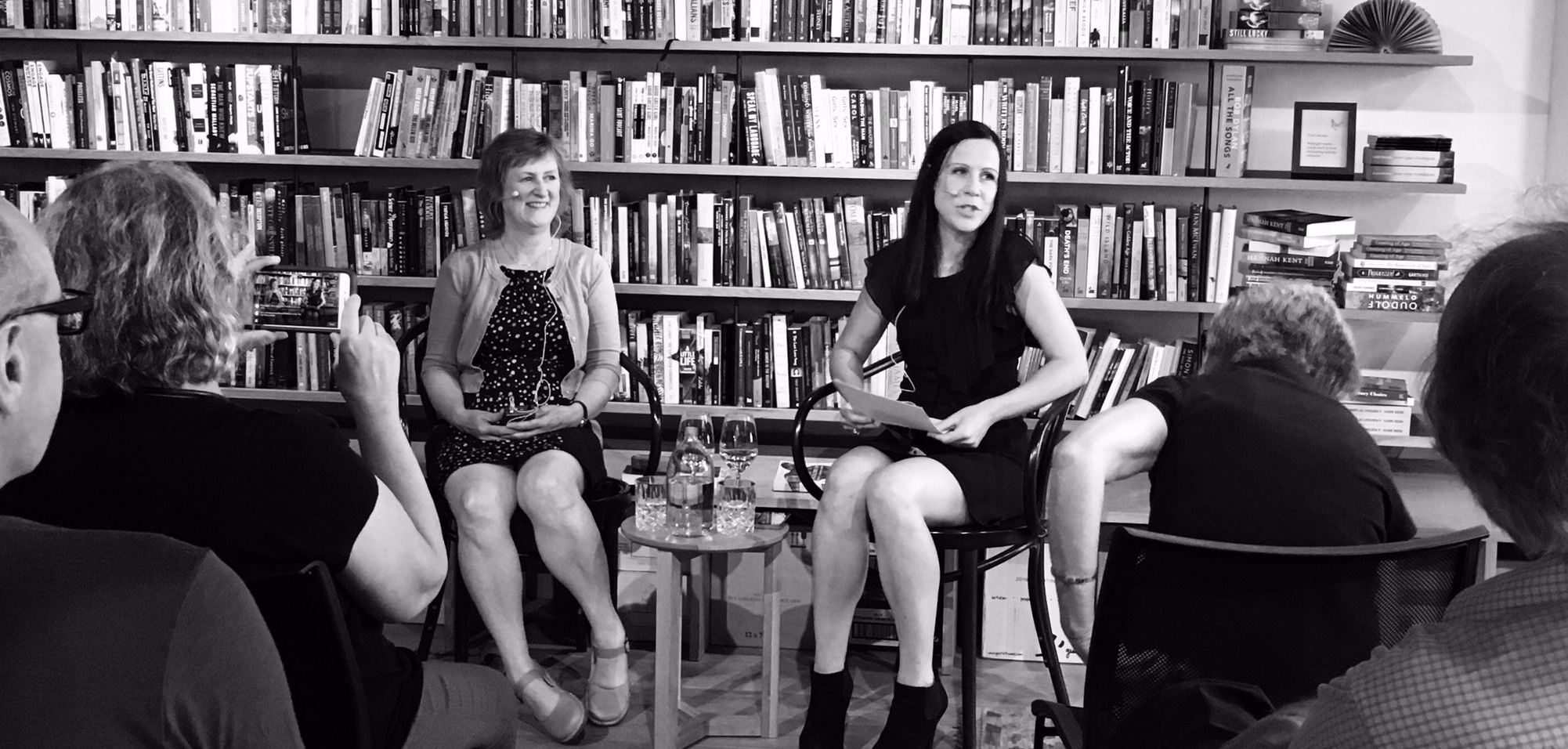Taking licks: On writing rejection and success
Rejection slips, or form letters, however tactfully phrased, are lacerations of the soul, if not quite inventions of the devil — but there is no way around them. Isaac Asimov
It’s an inescapable fact that the writing life is bound up with rejection. Successful authors are those able to survive the lacerations. So in this second post in a series, I asked three successful authors — Anna Spargo-Ryan, Sheryl Gwyther and Ben Hobson — to share their experiences of both rejection and success. They have all been so generous in offering up these honest and wise words, and if you’re a writer you might want to paste Ben’s pep talk next to wherever you write.
Read More »Taking licks: On writing rejection and success
Anna Spargo-Ryan
I think the worst rejections are always the ones that mirror some insecurity you have about your writing. For me, that’s being wordy and obtuse. When my first novel, The Paper House, was published I remember waiting for reviews that would reflect what I ‘knew’ about the book and myself: that I had used six words when one would do; that the writing was florid and tiresome; and OH GOD the metaphors, why were there so many?
 I felt it was only a matter of time before someone uncovered these truths, and so it was. A review in a major newspaper described the book as being poetic, but, you know, maybe not in a good way. Musical like a little kid learning the violin. Magical in the sense that I must have cast a spell on someone to get it published.
I felt it was only a matter of time before someone uncovered these truths, and so it was. A review in a major newspaper described the book as being poetic, but, you know, maybe not in a good way. Musical like a little kid learning the violin. Magical in the sense that I must have cast a spell on someone to get it published.
Realising someone else sees your flaws is devastating. I hoped — but didn’t believe — that I’d managed to cover them up. I thought I had dialogued over the top of my wailing symbolism. I had tried so hard to craft a plot to hide the layers of semiotics. But this reviewer had seen them anyway, and pointed right at them.
I responded by writing a whole other book with almost no metaphors in it. Eighty thousand words to prove that I could do it and the reviewer was wrong. Reader, that is too many hours to invest in someone you should probably just never think about again. Drink a Milo instead.




